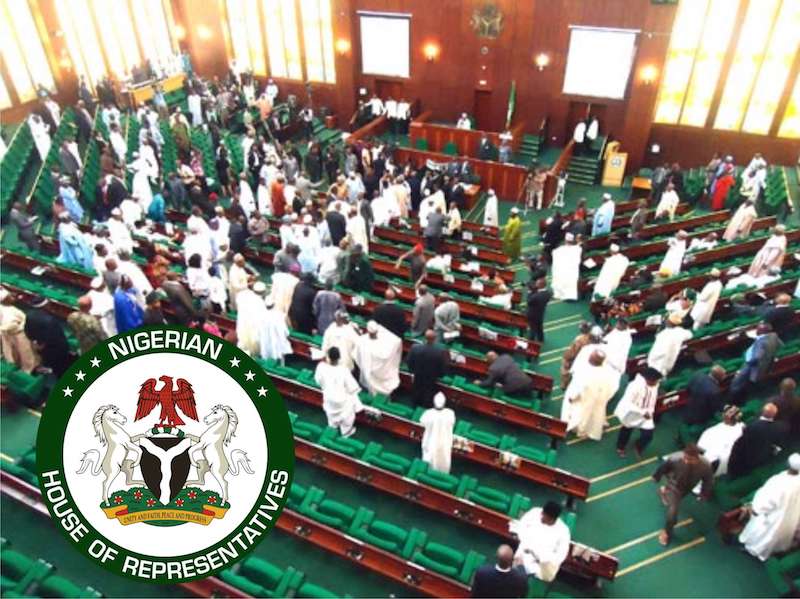Bill Gains Traction As Reps Propose Return To Parliamentary Rule

In a significant move, members of the House of Representatives have thrown their weight behind a proposal to replace Nigeria’s current presidential system of government with a parliamentary system, reminiscent of the country’s governance structure during the first republic.
Led by Wale Raji, a lawmaker representing Lagos State under the All Progressives Congress (APC), at least sixty members of the green chamber co-sponsored a bill seeking an amendment to the 1999 Constitution of Nigeria to pave the way for the adoption of the parliamentary system.
The bill, introduced for the first reading in the House of Representatives on Wednesday, has garnered bipartisan support, reflecting a growing consensus among lawmakers for a shift in the country’s governance model.
Central to the lawmakers’ argument is the perceived inefficiency and financial burden associated with the presidential system, prompting calls for a more streamlined and cost-effective approach to governance. Advocates for the parliamentary system also emphasize the potential for robust policy debates and more effective decision-making processes.
A key distinction between the two systems lies in the method of executive leadership selection: while the presidential system entails direct election of the president by the people, the parliamentary system vests power in the legislature, which elects a prime minister from among its members to serve as the head of government.
Under the proposed parliamentary system, the political party with the majority in parliament would form the government and appoint a prime minister to lead the country. Additionally, ministers would be drawn from the ranks of parliament members, leading to a fusion of the executive and legislative branches of government.
Nigeria previously operated under a parliamentary system during the first republic from 1960 to 1966, providing a historical precedent for the proposed transition.
However, the success of the bill hinges on several factors, including the need for presidential assent to enact constitutional amendments. Should the president decline to assent, the National Assembly retains the option to override the veto with a two-thirds majority vote, highlighting the potential for further political maneuvering in the legislative process.

